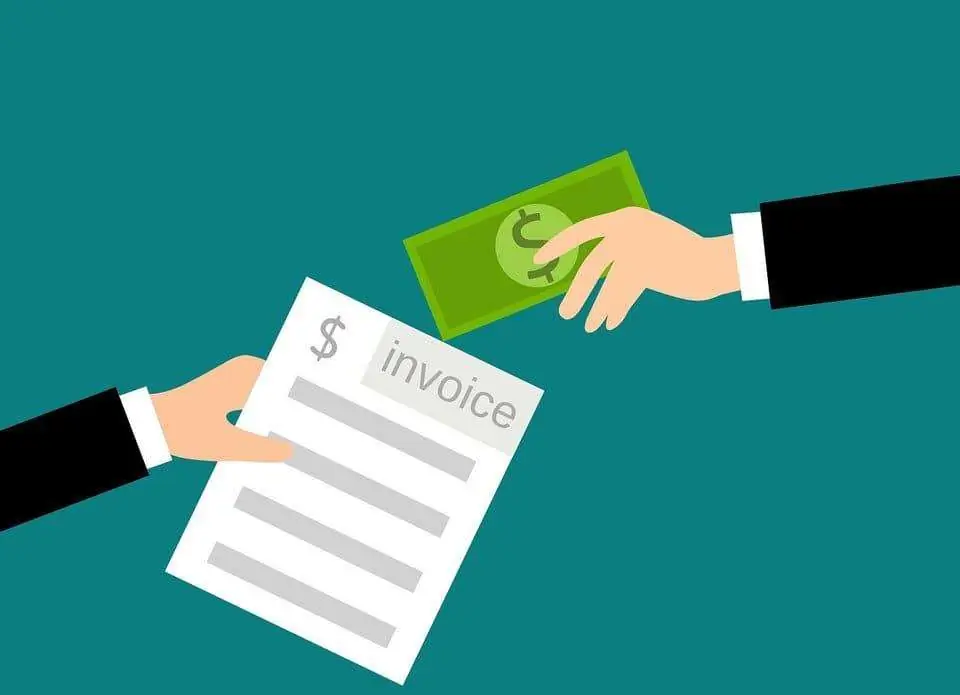At the session of the Government of the Republic of Serbia, held on December 12, 2017, it was announced that invoices and other accounting documents no longer have to print, nor have a seal and signature.
This announcement has become official by signing “Explanations regarding the issue and invoice of accounts (invoices) in paper and electronic form without the use of seals and signatures”.
There have been a lot of polemics about when the invoices and accounting documents are valid, whether in paper or electronic form. Although the Accounting Law of 2013 precised that the seal and signature are not evidence of validity, in practice this rule, unfortunately, was not applied. For this reason, the latest information regarding this topic has recently been officially announced to the public.
Sealing and signing on the invoices, and the liability for the printing of accounts will repealed
It has been officially announced that it is not mandatory to print electronic invoices and accounting documents originally generated in electronic form. Also, it has been officially announced that invoices and accounting documents produced in paper form do not have to contain the stamp and signature of the authorized person.
This document, signed by the Government, will be submitted to the competent authorities and institutions, with all detailed and key clarifications on further application.
On what precisely relates announced explanation?
The regulations to which the official explanation relates are as follows:
- Legal entities and entrepreneurs may issue their invoices in paper or electronic form,
- The invoice produced in paper form does not have to contain the stamp and the signature of the authorized person, but it is sufficient to have an identification mark,
- Invoice created in electronic form or by digitizing (scanned invoices), does not have to be signed, it is sufficient to contain an identification tag.
- Legal entities and entrepreneurs do not have the obligation to print an electronic account, or to stamp it with stamps and signatures.
Here’s what the regulations mean.
If the invoice is issued in paper form, it is the only authentic original. A printed copy would be a copy. If it is created as an electronic document (through a program, on a computer), such an account is considered to be an original. For this reason, legal entities and entrepreneurs can issue their invoices either in paper or in electronic form.
An invoice that is generated in paper form does not have to be certified by stamp and signature. It is sufficient to have an identification mark of an authorized person, proving credibility. Also, such accounts do not have to be digitized or scanned.
The invoice that has been generated in electronic form or digitization does not have to contain the seal and signature. It is necessary to have only the identification mark, which proves the credibility of the authorized person.
Electronic invoices do not need to be printed or sent by mail. If they are printed, they do not need to be stamped and signed.
Which are benefits for legal entities and entrepreneurs?
Changing this regulation will reduce the large and unnecessary costs. They will directly lead to huge savings for office material, but also to shorter working hours.
In this way, the business will be faster, more efficient and rational, in accordance with modern standards, and therefore easier.
This is of great importance to all companies, especially large retail chains, supermarkets and the like, which must print monthly, for example, more than 1,000 invoices. In this situation, this is an unnecessary expense for them, without additional accompanying expenses, which are directly linked through the business process.











